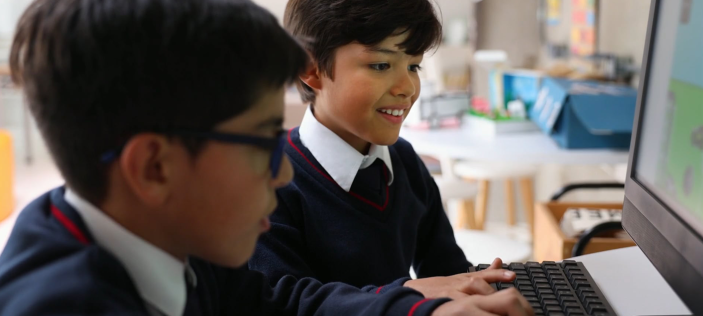
I have written before about the powerful effect a teacher’s beliefs about a child can have on that child both positively (known as the Pygmalion effect ) and negatively (known as the Golem effect). In his seminal study Hattie revealed that teacher efficacy (literally a teacher’s belief about themselves or a school community’s belief about its collective power) has a huge impact on the impact that school can achieve. Previous research suggested that teacher efficacy can outweigh the negative effects of low socio-economic impact.
So what if teachers believed that the effective use of technology supported learning? What would that look like in practice and how would it impact on the young people
One Watford Primary Headteacher asked us to trial this in her school. How did we go about it and what was the impact on the young people?
Join us at our free to attend Technology in Schools Conference to be held on the 9th July 2024 or get in touch directly training@hfleducation.org
References:
Hattie, J., and Zierer, K., Visible Learning Insights. Routledge: London, 2019.
Goddard, R. D., Hoy, W. K., & Hoy, A. W. (2000). Collective Teacher Efficacy: Its Meaning, Measure, and Impact on Student Achievement. American Educational Research Journal, 37(2), 479–507.



